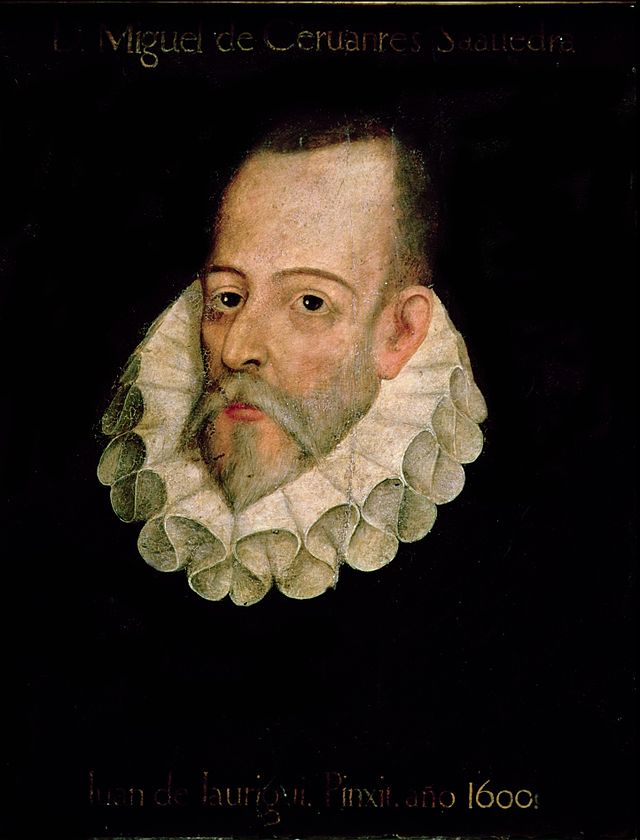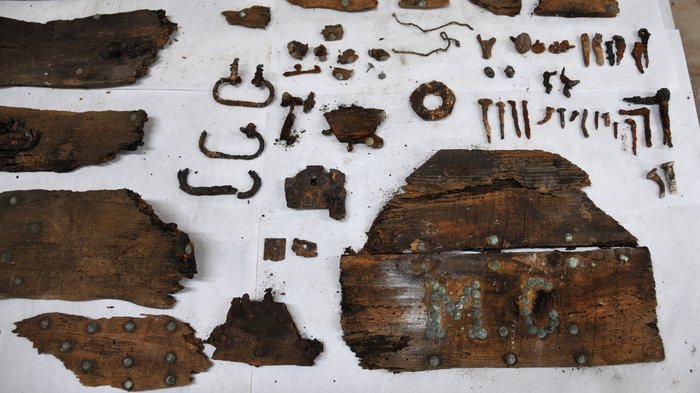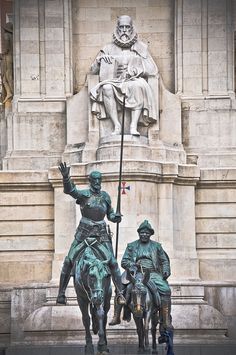The Reason Cervantes Asked To Be Buried Under A Convent
" It was Miguel de Cervantes' dying wish to be buried inside the walls of Madrid'sConvento de las Trinitarias Descalzas, where a dozen cloistered nuns still live today, nearly 400 years later. Cervantes, born in 1547, is the most famous writer in the Spanish language. But the world would never have read his literature if it weren't for the Trinitarian nuns. Cervantes believed he owed his life to them. That's because before Cervantes wrote his two-volume masterpiece, The Ingenious Gentleman Don Quixote of La Mancha, the author had some chivalrous adventures of his own.
As a young man in his early 20s, he fled Spain for Rome, after wounding a nobleman in a duel. By 1570, he returned home and enlisted in the Spanish navy. He went to war to defend the pope — and got shot in twice in the ribs, and once in the shoulder — an injury that left his left arm paralyzed. And it was only then that he got kidnapped by Algerian pirates.
"He was taken prisoner. He spent five years — five terrible years — as a slave, as a captive," says historian Fernando del Prado, With Cervantes enslaved in Africa, his family appealed to the Trinitarian nuns. They managed to raise a ransom and deliver it to the pirates — which won Cervantes his freedom."
Time is brief,
anxieties grow,
hopes diminish,
and yet my desire to live
keeps me alive. The Trials of Persiles and Segismunda, Miguel de Cervantes




